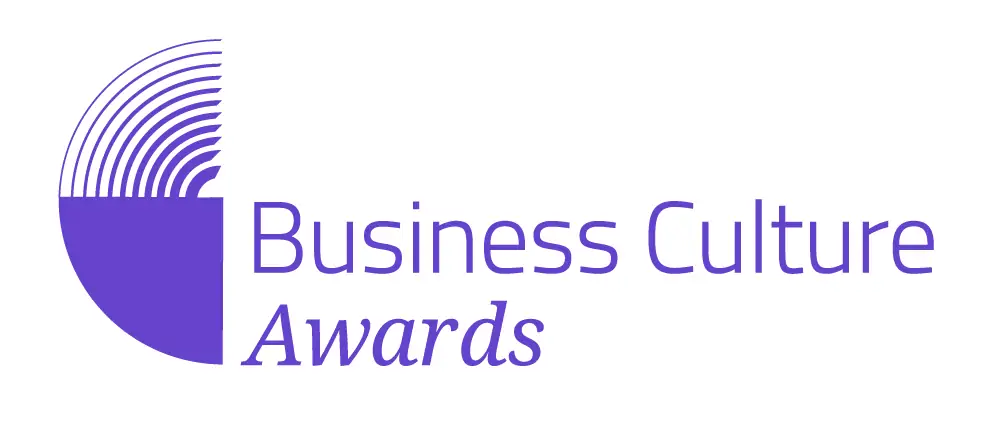Background
As separate organisations involved in publishing, research and assessment, Cambridge University Press and Cambridge Assessment wanted to combine expertise to help unlock the potential of millions more learners worldwide; whilst equipping themselves to respond to major shifts in education, a global pandemic and becoming an employer of choice. The two organisations worked together to create a single strategy, collaborating to address the challenges of different systems, processes and ways of working. They set out to use the integration as a lever to better develop people and to create an inclusive, empowered, global business culture focused on meeting the needs of their stakeholders. It was crucial to spark a wider discussion about culture and to build shared values and a commitment to new ways of working.
Approach
The joint leadership team created an Integration Management Office to oversee all aspects of bringing the two organisations together. Alongside the legal, process, system and practical considerations, the importance of a dedicated focus on cultural change was needed, to make the integration a success.
A cultural diagnostic was completed to understand more about the cultural challenges experienced, identifying priority focus areas that would have the highest impact on culture. This involved global participation to ensure diverse perspectives via means of a survey; targeted focus groups; an online conversation and strong leadership from the new Executive Board. The key themes identified were aligned to the new values of Collaboration, Empowerment, Innovation and Responsibility. The Executive and Global Leadership Team reviewed the findings, discussed these more broadly, and co-created actions to address challenges.
Each cultural theme had Executive Board sponsorship and input from the Integration Management Office, ensuring collective accountability, including:
- ‘Shaping Our Future’ – strategic narrative to tell the story of the new organisation
- Co-creating combined values & building these into ways of working
- Co-creating a leadership model to show the leadership culture & behaviours expected
- Developing a new Employee Value Proposition, Pursuing Potential, to promote the new organisation as an employer of choice
- Creating a dedicated role to lead on culture through the integration
- Dedicated programmes to showcase the One Team Ethos from the early stages
- Expos to showcase integration changes, alongside getting to know you, customer insights, understanding the new business and a focus on well-being
- Incorporating team building & change management into the new organisational design approach
- Creating personas to ensure that cultural changes took account of different office locations, cultural backgrounds and challenges faced by teams
- Building new communities & networks to create a sense of belonging within the new organisation
- Renewing commitment to, and investment in, equality, diversity, inclusion and belonging to underpin cultural aspirations; with a new Director role and a dedicated steering group to drive this forward
- Developing and launching an anti-racism toolkit together
- Combining the thriving colleague networks; and establishing new ambassadors/champions in areas such as well-being, healthy minds and managing change
- A focus on capability building and the creation of academies to support career development
- Launching a joint recognition platform (Appreciate) to recognise positive behaviour in line with organisational values.
Outcome
Values: The organisational values, along with the underpinning behaviours, were developed through interactive workshops with colleagues. The values were brought to life through Appreciate, a new recognition platform, which celebrates real examples of collaboration, empowerment, innovation and responsibility from across the organisation. By May 2022, 6,645 nominations had been received across all business areas; with 51% of the nominations recognising colleagues that displayed the value of collaboration.
Leadership: A new leadership model, development programme and academy were co-created to set out the characteristics and attributes leaders should aspire to and to support them through the change. According to employee surveys, line managers were well regarded, scoring consistently favourably in the organisation’s staff surveys. (Culture Amp, November 2021)
Improving inter-team dynamics: A toolkit was co-created for team building centred on culture, values and behaviours, while Communities of Practice brought colleagues together with a shared purpose. Ongoing reviews of ways of working between UK-based teams and large global offices ensured that the needs of different cultures were taken into account and a global network of 120 integration Change Champions were put in place to drive the adoption of new behaviours. The EXPO had over 70 sessions to build a shared understanding of the integration and new ways of working. A peer-to-peer manager network of over 350 members provided a safe space for managers to discuss their challenges and learn from each other; aligning with work to develop the role of manager within the new organisation. Career progression and a new approach to global mobility was begun to address concerns about company-wide equality, diversity, inclusion and belonging and hybrid working was used to create more of a level playing field.
Decision making and accountability: Employees identified this as a key aspect of the company’s cultural differences, so the approach taken was to reinforce the empowerment of leaders to make decisions, and to simplify decision-making processes across the organisation. Paperwork was streamlined from an average of 35 to 6 pages for formal governance groups and the number of committees and steering groups was reduced to empower teams to make decisions at a local level.
The cultural change programme to support the integration is a work in progress but significant progress has been made a year on from the integration and in spite of the additional challenges posed by the pandemic.
Read Cambridge University Press & Assessment’s Corporate Social Responsibility case study.

